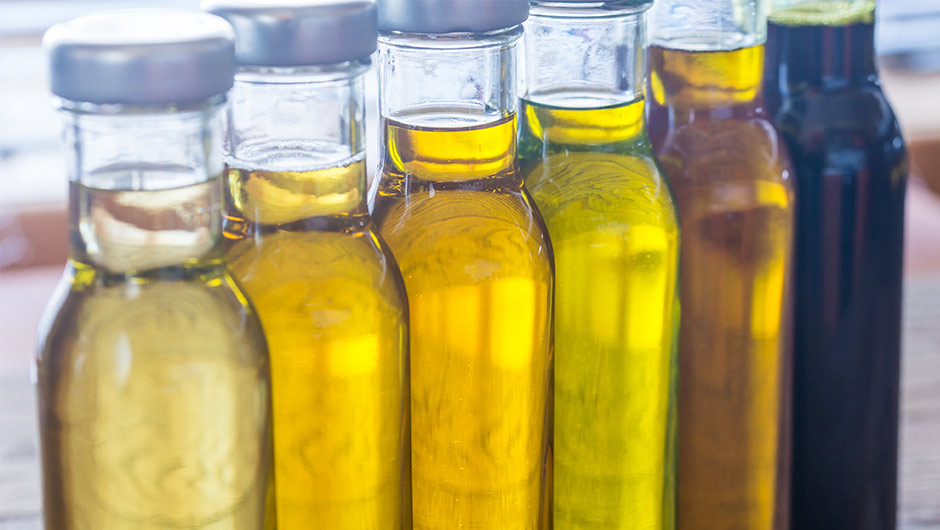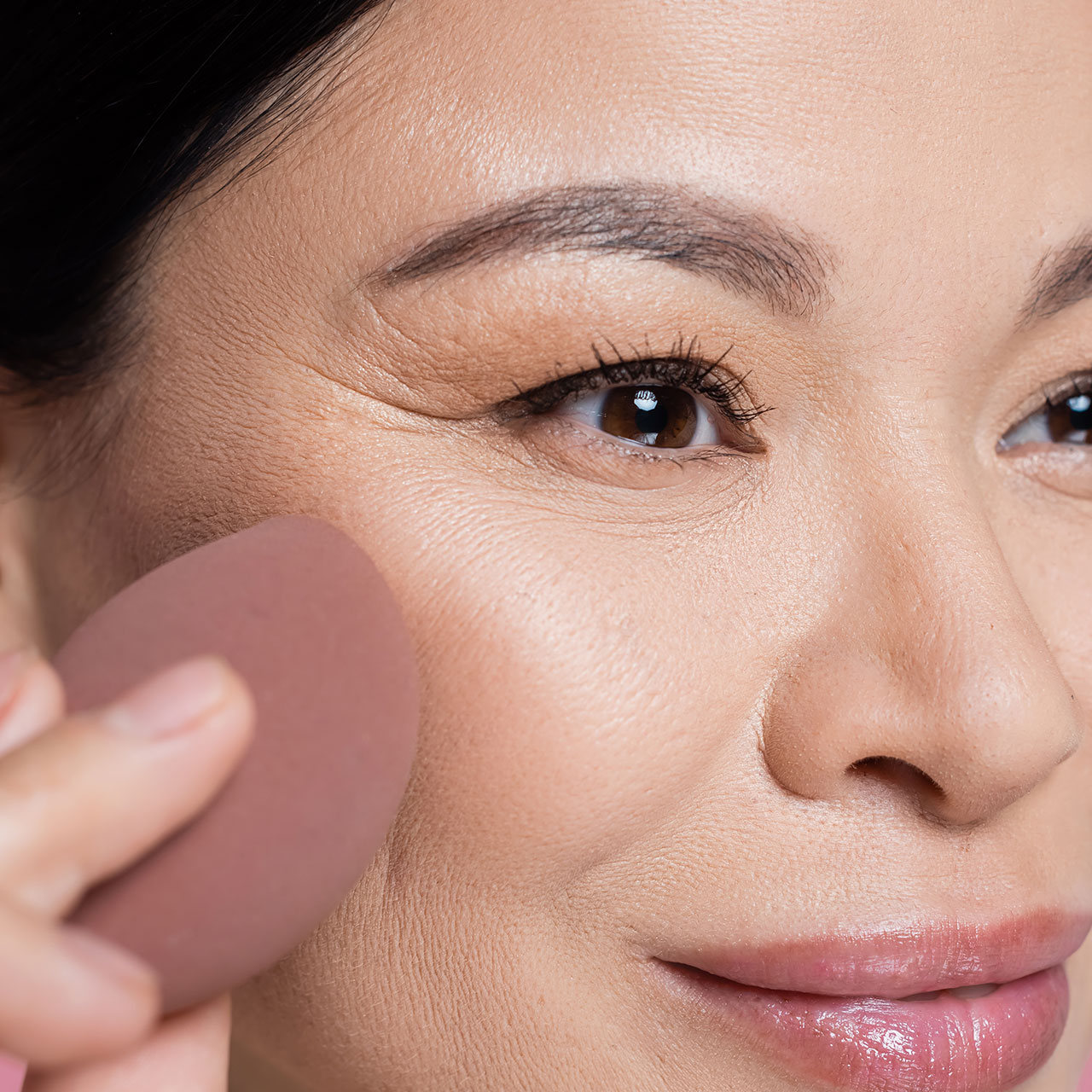This is an archived article and the information in the story may be outdated. Please check the time stamp on the story to see when it was updated last.
When we're watching our weight, a lot of us spend a great deal of time thinking about the foods we eat and the ones we'll omit, considering how we prepare them (because grilled anything will, sadly, always better than fried potatoes), and probably not enough time mulling over the types of fats we should and should not use to prepare those dishes.
[Photos: Shutterstock]
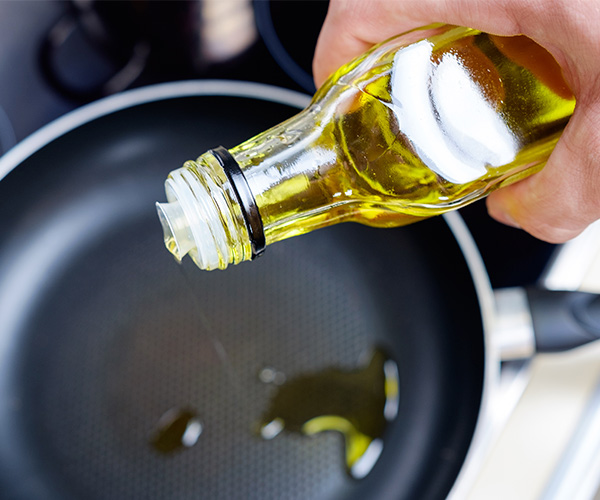
Walk down the cooking oils aisle of your grocery store and it's easy to become overwhelmed by choice: peanut oil, olive oil, coconut oil, sesame oil, butter, margarine, cooking spray — which oils should you always stay far away from when trying to shed pounds, eat healthier, or a combo of the two?
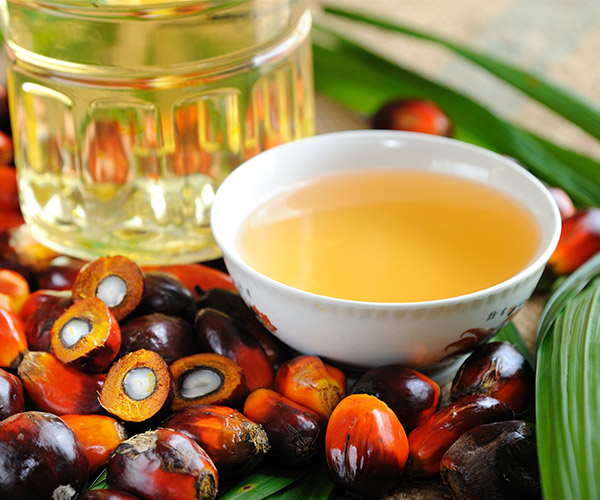
Lisa Mikus, RDN, CNSC, CDN at Laura Cipullo Whole Nutrition Services, says there are two cooking oils that needn't make an appearance on your kitchen countertop: margarine and palm oil.
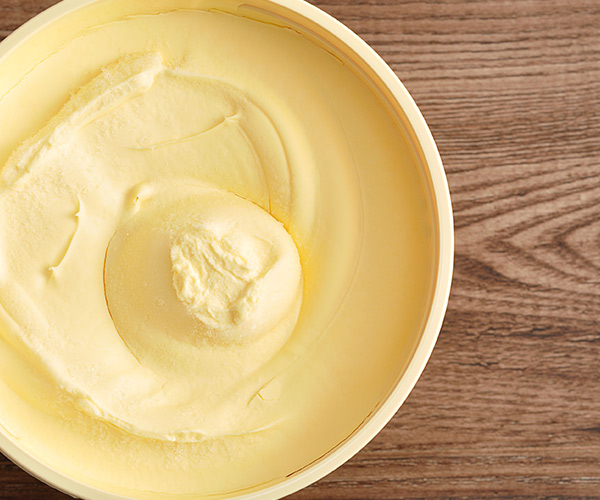
"Since most margarine products are made with hydrogenated vegetable oils, they contain trans fats, which have been associated with raising LDL cholesterol and lowering HDL cholesterol," Mikus says. "Hard stick margarine tends to have more trans fats than soft margarine. According to the American Heart Association, consuming trans fats is related to an increased risk of developing type 2 diabetes."
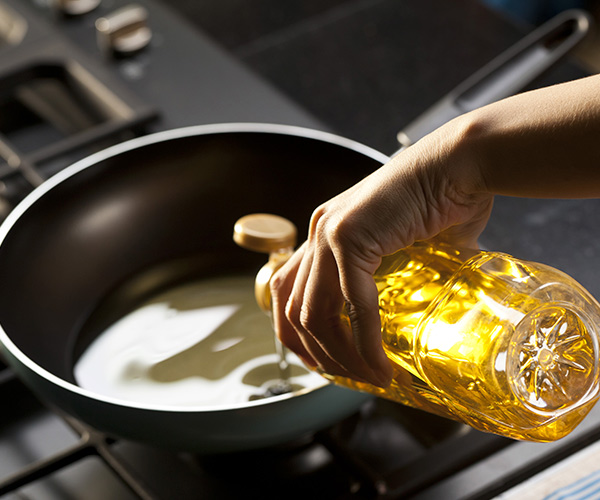
As for palm oil, Mikus says it's one of a handful of plant-based sources high in saturated fats.
"Palm oil has around 7 grams per tablespoon saturated fat versus 2 grams saturated fat in the same amount of olive oil," Mikus says. "Focus on incorporating oils high in monounsaturated fats such as olive oil and canola oil for heart health."





